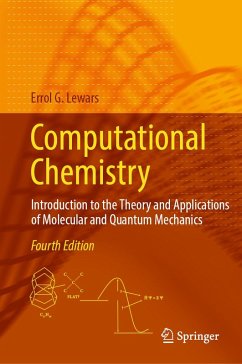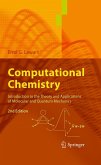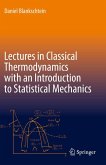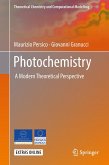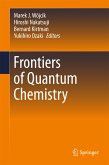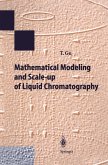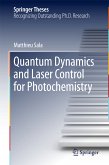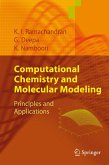This is the fourth edition of the successful textbook on computational chemistry which continues to provide a comprehensive introduction to the theory and practice of computational chemistry. Notable updates include a review of references up to mid-2023, encompassing recent developments in scientific journals, books, and software. The evolving prominence of density functional theory (DFT) is emphasized, and attention is given to the increasing application of artificial intelligence in computational chemistry. The book maintains key features from the previous edition, delving into the mathematical intricacies of ab initio and density functional methods at an introductory level. Clear explanations of matrix methods are provided, offering a direct approach to obtaining energy levels and molecular orbitals. Additionally, each chapter includes sets of "Easier" and "Harder" drill questions, with suggested answers at the end of the book, enhancing the learning experience. The book is intended for upper-year undergraduate and graduate students studying computational and theoretical chemistry and for self-study by researchers in universities and industry to whom computational chemistry may be useful.
Dieser Download kann aus rechtlichen Gründen nur mit Rechnungsadresse in A, B, BG, CY, CZ, D, DK, EW, E, FIN, F, GR, HR, H, IRL, I, LT, L, LR, M, NL, PL, P, R, S, SLO, SK ausgeliefert werden.

